Hearing problems after you’ve been snorkeling are more common than you might imagine.
Our ears weren’t designed to be submerged underwater for long periods when we swim or snorkel.
While they are mostly pretty resilient, problems of muffled hearing or feeling like you have water stuck are not unusual.
Several different situations can cause hearing problems after snorkeling.
Some are general and come from just being in the water, while others are more snorkeling specific.
Remember that you should seek medical attention if you have lasting hearing loss or pain.
- 1. Swimmer’s Ear
- 2. Earwax
- 3. Barotrauma – Injuries from Duck Diving
- General Tips if You Have Water Stuck in Your Ear After Snorkeling
- Conclusion
- You Might Also Like…
Disclosure: this post contains affiliate links (clearly marked with ), which means we may earn a commission if you buy something through them, at no additional cost to you.
1. Swimmer’s Ear
What is commonly known as swimmer’s ear – otitis externa infection – can also affect snorkelers and is a relatively common problem, particularly with vacationing snorkelers spending a lot of time in the ocean or hotel pool.
Swimmers ear is a bacterial infection in the outer ear canal, the short tube that runs from the outside world to your eardrum.
Infection can be caused in several ways, some of which are associated with snorkeling.
Causes of Swimmer’s Ear
1. Polluted water
Unfortunately, this can be common when snorkeling in areas where there is heavy tourism activity.
It can also come from using swimming pools that are not cleaned effectively.
Whatever the exact source, this introduces bacteria into the ear canal that can cause an infection.
2. Repeatedly getting ears wet then dry
The tissue inside the ear tends to swell when it gets wet and then reduces back as it dries.
Getting your ears repeatedly wet can lead to the tissue becoming inflamed, which creates small spaces where water gets trapped.
The moist environment allows bacteria to grow and cause an infection.
This can be common if someone is continually getting in and out of the pool or sea.
4. Effects from Waves
Waves constantly slapping water into one ear can irritate the canal sufficiently to make infection possible.
Similarly to getting the canal wet repeatedly, the irritation can cause inflammation, creating trapped spaces for bacteria to grow.
4. Irritating the ear canal with objects
You can easily damage your outer ear canal with objects, including tissue and cotton buds.
Any damage to the ear canal makes infection from snorkeling or swimming more likely.
No matter how your ear feels, sticking anything at all inside the canal is likely to make it worse.
Symptoms of Swimmer’s Ear
Swimmers’ ear will usually start with mild symptoms, including an itchy feeling inside the ear canal, mild pain, and a slight redness that your buddy may be able to see in your ear canal.
If it gets worse, you may experience muffled hearing, a worsening in itchiness, and pain.
It can feel as if your ear canal is blocked or full of water.
If left untreated, the pain can become severe. You can suffer total hearing loss and get a fever.
How To Prevent Swimmer’s Ear
1. Always Rinse Your Ears
Gently wash your outer ear canal with bottled drinking water as soon as you can when you get out of the water after swimming, snorkeling, or scuba diving.
Avoid water that is too cold or too hot as this will irritate the canal.
Carefully pour a small amount of water into each ear in turn and then tip your head sideways to allow it to drain out.
Rinsing saltwater or chlorine out of your ears can prevent irritation.
2. Carefully dry your external ears
Dry the outer ear with a soft towel. Do not put anything inside your ear canal.
3. Consider using a preventative treatment
A simple homemade solution can help to dry your ear canals and prevent bacteria from growing.
Mix one part white vinegar with one part rubbing alcohol.
Put one teaspoon into each ear before and after snorkeling to have a preventative effect.
4. Snorkel in clean water
Where possible, avoid areas where there is pollution that might make infection more likely.
Shallow waters or enclosed areas with little current and many snorkelers are more likely to be problematic than more open waters.
In areas with many boats, you might find more polluted water if they dump their effluent into the sea.
If you are snorkeling in less than desirable places, it is vital to rinse your ears afterward.
5. Consider Snorkeling Earplugs
Special snorkeling earplugs can reduce infections by limiting water flow in and out of your ear canal.
These special earplugs are beneficial for snorkelers and scuba divers who are especially sensitive to ear infections.
6. Don’t put anything into your ear canal
Any object, no matter how soft, can cause damage to your ear canal or eardrum.
The traditional rule that you should put nothing smaller than your elbow into your ear is a good one.
Treating Swimmer’s Ear
Ear infections need to be assessed and treated by a doctor.
Doctors will treat mild infections with anti-bacterial and anti-inflammatory ear drops.
More significant infections may also require antibiotic tablets.
You should keep your ears dry while you have an active infection.
Unfortunately, if you do suffer swimmers’ ears after snorkeling, you’ll need to stay out of the water until it has cleared up.
2. Earwax
Earwax occurs naturally in your outer ear canal.
The waxy secretion helps prevent ear infections by creating a protective layer that stops bacteria from growing.
Usually, ear wax isn’t a problem, and it will come out of your ear naturally, generally while you are sleeping.
Occasionally, a piece can become trapped in the ear canal with water behind it after swimming or snorkeling.
The trapped water and wax can stop you from hearing clearly.
Treating Ear Wax
Usually, there is nothing you need to do to remove ear wax.
As we’ve mentioned already, putting anything into your ear canal is a terrible idea as it makes infections far more likely.
If you suffer from frequent wax blockages or have a blockage affecting your hearing, you should consult with your doctor.
Do not try to remove the wax yourself with an object.
If you have occasional wax blockages or want to reduce the chance of having problems when you snorkel, you can use a simple preventative treatment at home.
Olive oil heated up to no more than body temperature can lubricate your ear canals and help the wax come out naturally.
Tilt your ear upwards and gently pour a teaspoon of warm oil into your ear canal.
Allow it to settle for a minute, and then point your ear downwards onto some tissue so the oil can drain out.
Repeat for the other ear. Doing this daily can dramatically but gently help to clear your ears of any blockages.
3. Barotrauma – Injuries from Duck Diving
A barotrauma is an injury caused by an increase in pressure.
Causes of Ear Barotrauma
When you duck dive underwater, you need to carry out a procedure to equalize your ears and sinuses to counteract the increasing pressure as you go underwater.
The most common way to do this is to pinch your nose through the flexible pocket on the mask and gently blow against it.
You add air into your ear and sinus air spaces to stop them from being squeezed when you do this.
Equalization is a tricky technique, particularly for snorkelers.
It is easy to enthusiastically dive down, get to about 10 feet under, and suddenly feel pain in your ears.
It’s vital to equalize early enough so that you don’t cause a barotrauma injury.
If ear barotrauma occurs, fluid will collect in your inner ear, which can affect your hearing.
Severe barotraumas can cause your eardrum to puncture and cause dramatic hearing loss.
Symptoms of an Ear Barotrauma
You’ll probably feel pain in your ear when diving down underwater, but it can also come on when you return to the surface.
You may also suffer a nose bleed or feel pain in your face (sinuses) or below your ears.
Fluid collecting in the inner ear can cause your hearing to be muffled.
How to Prevent Barotraumas
The best way to prevent an ear barotrauma is by not duck diving.
By staying on the surface, you won’t risk hurting your ears.
If you do want to duck dive, then do so slowly and cautiously.
Practice equalizing your ears gently beforehand on the surface.
It can help to chew sugar-free gum and drink hot drinks beforehand, as both can make equalizing easier.
You should also make sure that you are well hydrated before snorkeling.
Start diving down just three or four feet to make sure that you can equalize ok and gradually go deeper.
If you feel any pain in your ears, immediately stop duck diving, so you don’t do any further damage.
Treating Ear Barotraumas
You’ll need to see a doctor for treatment as in addition to causing difficulty with hearing and pain, an ear barotrauma may lead to infection.
Doctors usually treat ear barotraumas with oral antibiotics, anti-inflammatory drugs, and ear drops.
You will have to keep your ear dry while it is recovering from the injury.
General Tips if You Have Water Stuck in Your Ear After Snorkeling
- Always carefully rinse your ears with warm, clean drinking water when you get out of the water
- Dry the outside of the ear with a soft towel
- If one ear stays blocked, lay with it facing downwards
- Gently pull your ear lobe downwards and sideways to open your ear canal
- Wiggling your jaw may also help
- Drinking hot drinks, chewing gum, and sucking sweets can also help clear your ears, depending on the cause
- No matter the temptation, don’t put anything into your ear canal
- If you feel pain or your hearing doesn’t return to normal in a few hours, then consult with a doctor
Conclusion
Our ears can be sensitive and prone to infection when we put them in water for extended periods.
With some careful aftercare, after our snorkeling, we can help them recover.
If you experience hearing loss or pain after snorkeling, always consult a doctor to discuss what to do.
You Might Also Like…
-

Can You Drown Snorkeling? 11 Common Reasons (+Helpful Tips)
-

Can I Use Snorkeling Fins for Bodyboarding? Pros & Cons (+6 Tips)
-

What Colors to Avoid When Snorkeling? (& Which You Should Wear)
-

Is It Safe to Fly After Snorkeling? What You Should Know (+4 Tips)
-
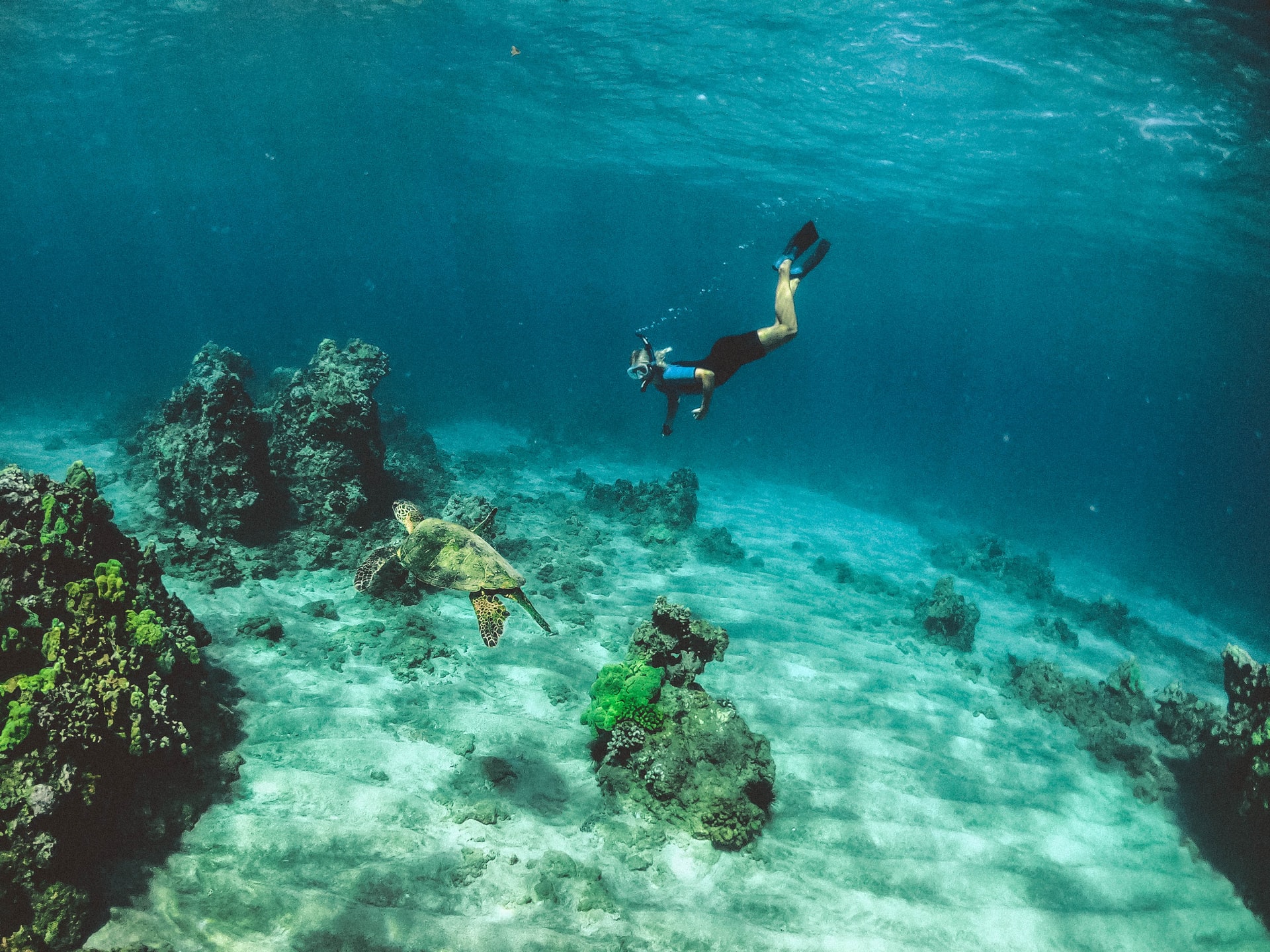
Can’t Hear After Snorkeling? 3 Possible Causes (& Solutions)
-
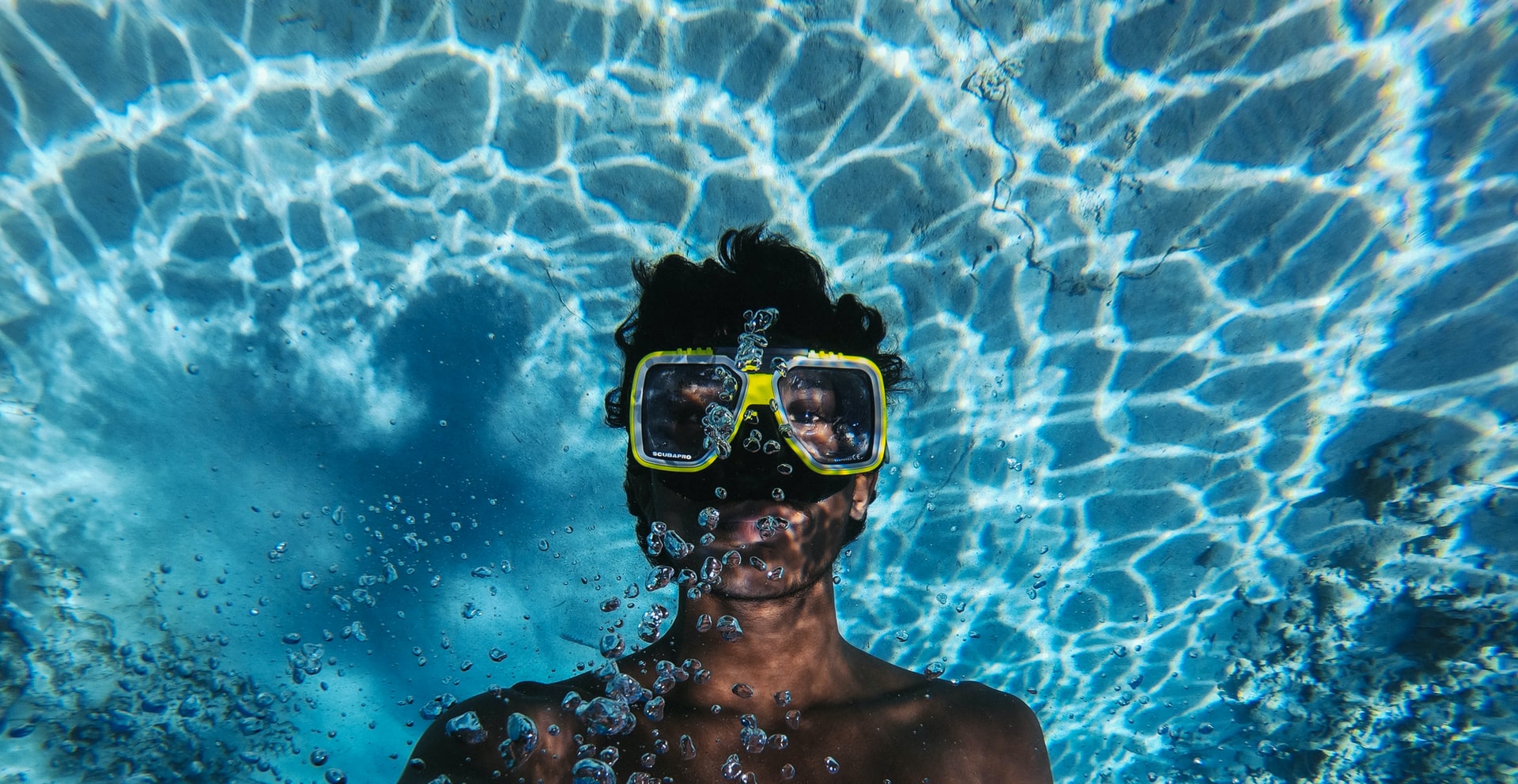
Can Snorkeling Cause a Sinus Infection? (+9 Tips to Avoid It)
-
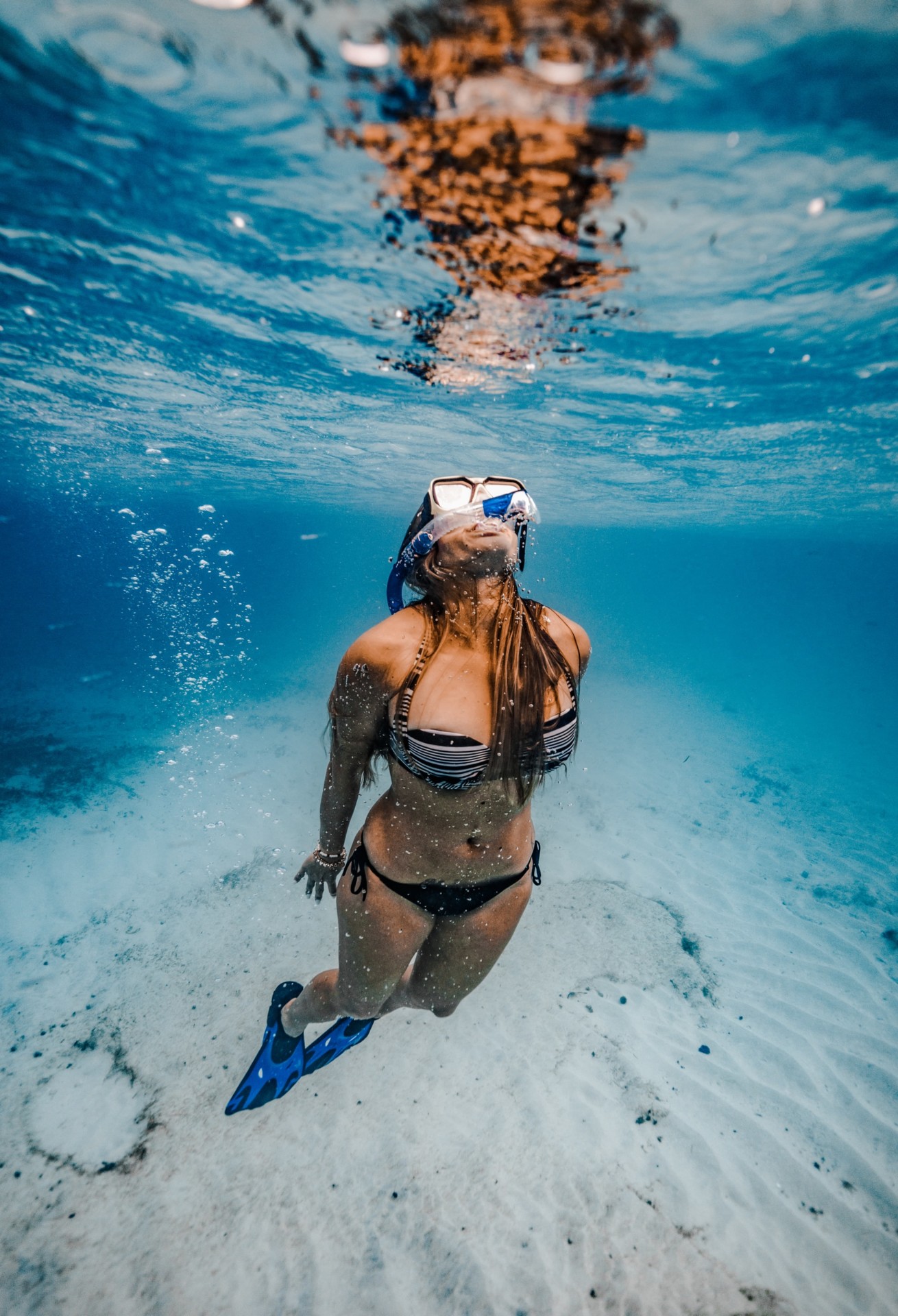
Can Snorkeling Cause a Sore Throat? 8 Common Causes (+Tips)
-
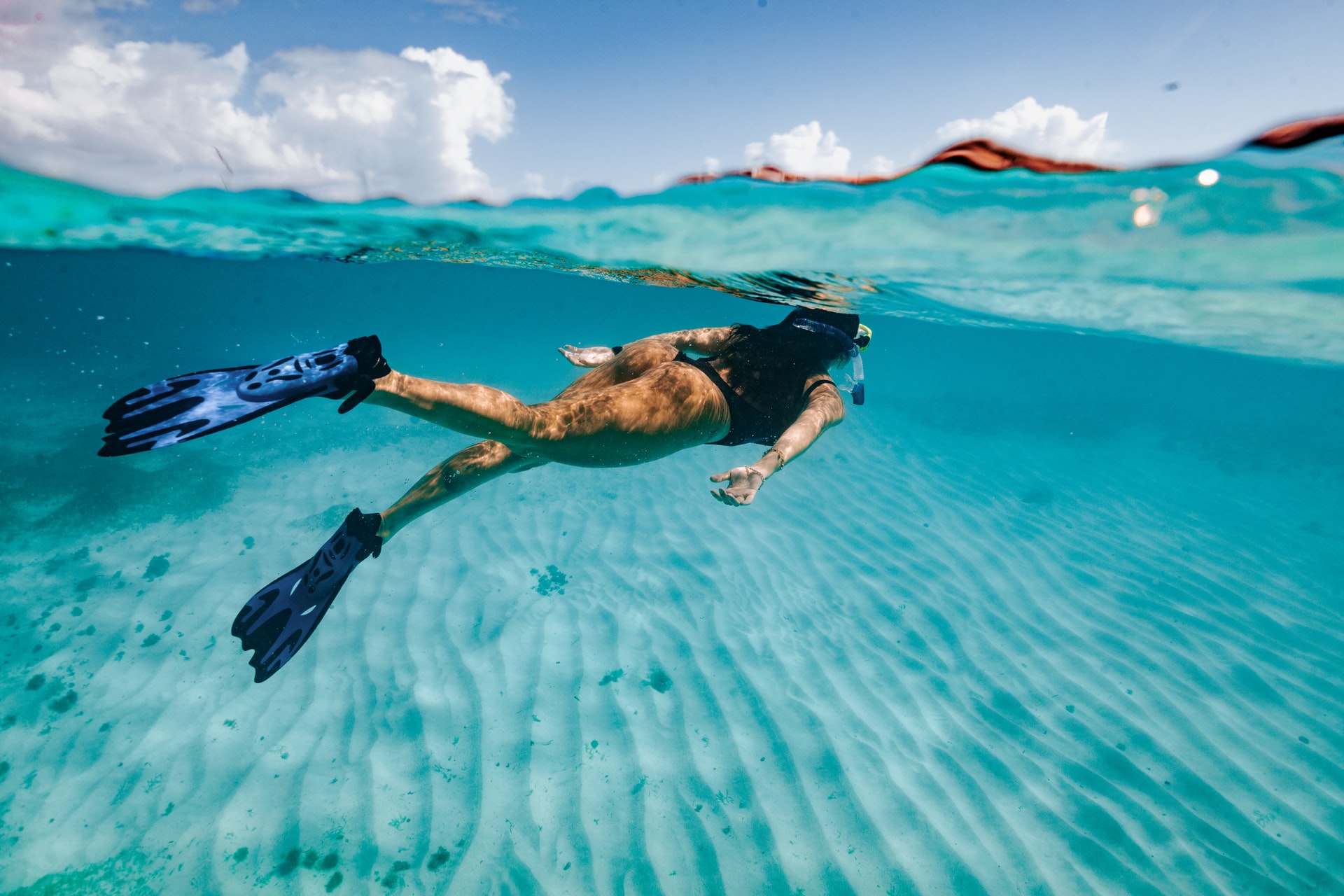
Can Snorkeling Cause Vertigo? (+8 Tips to Avoid It)
-
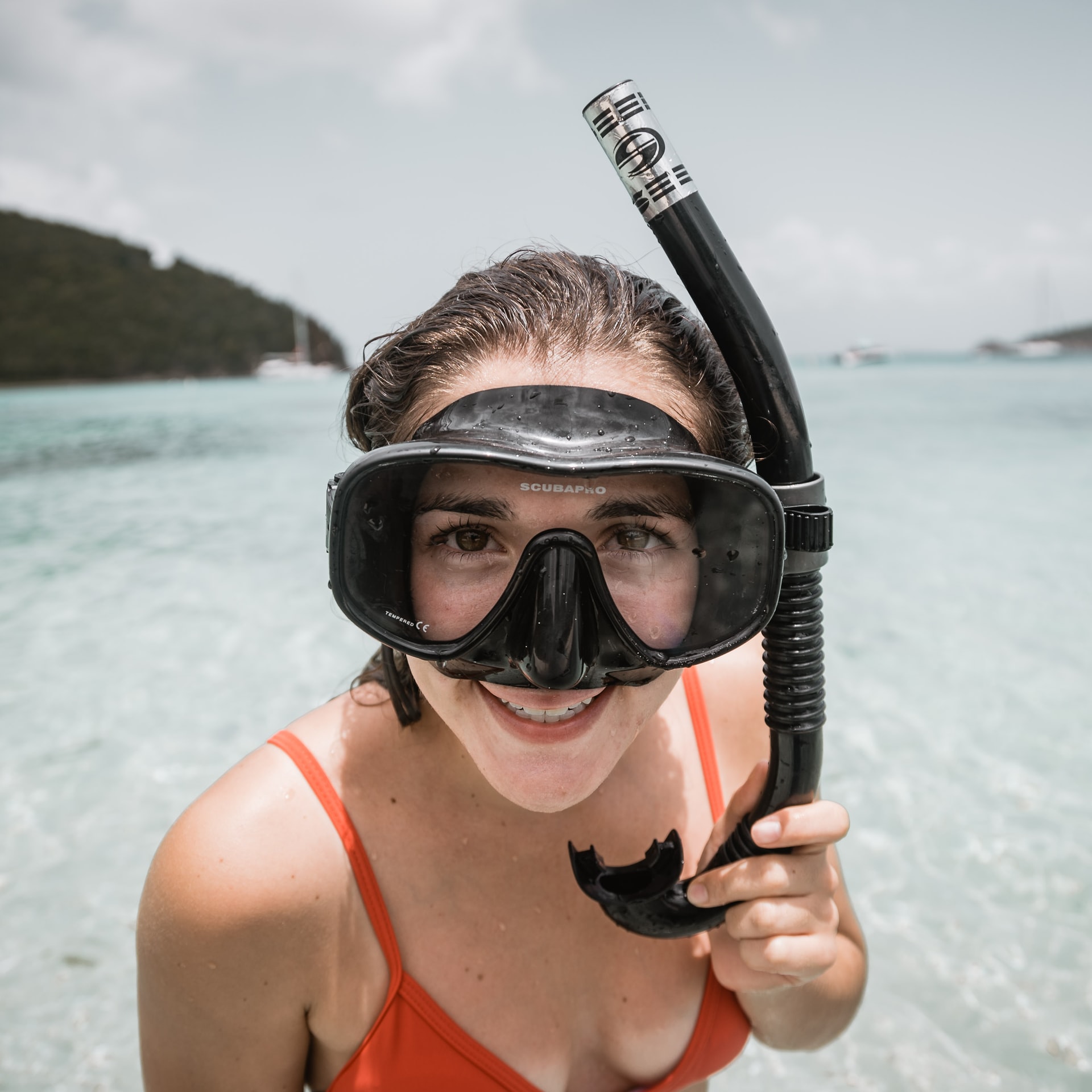
How Do Snorkel Masks Work? (+Regular Vs. Full-Face Masks)
-
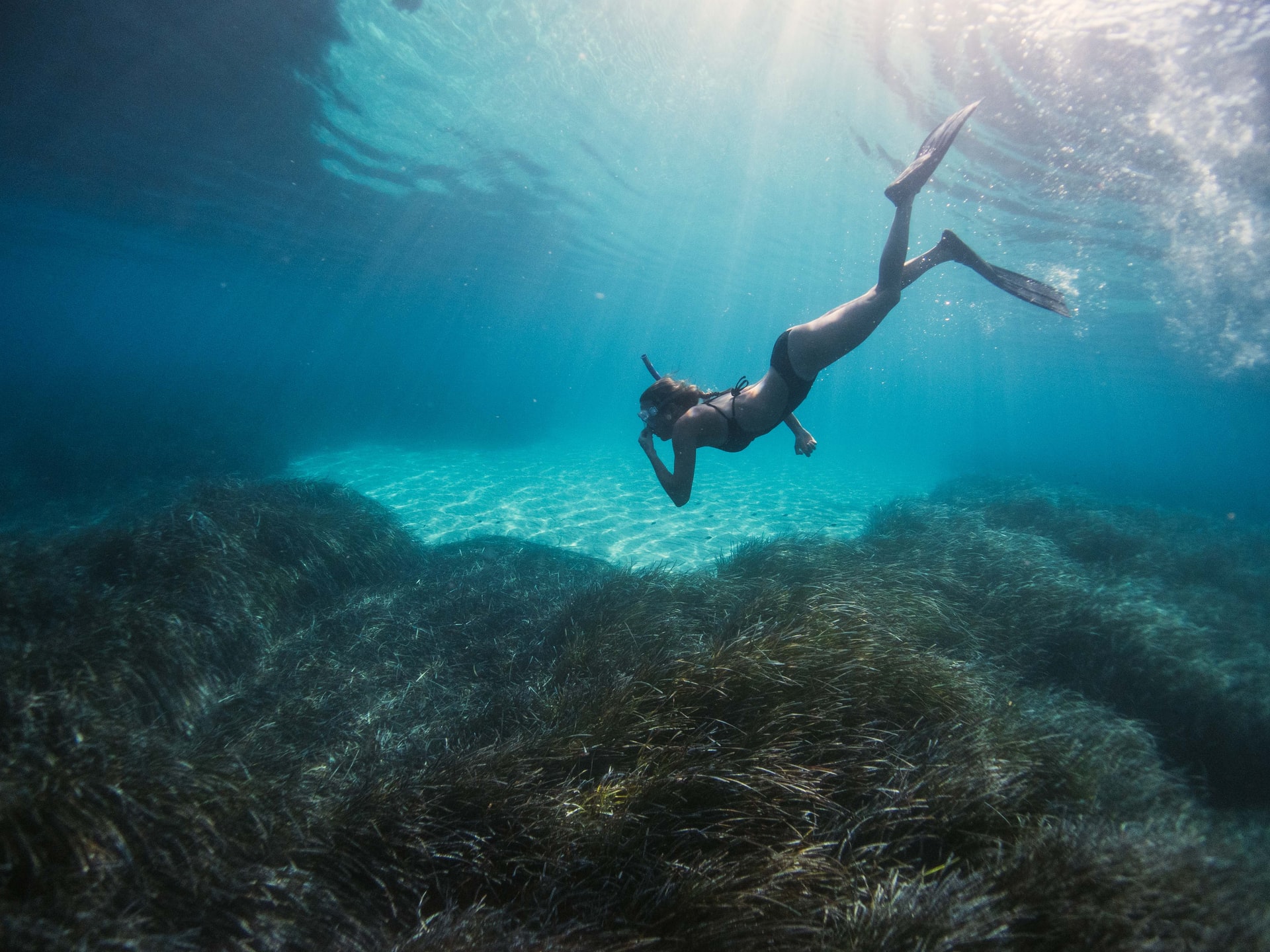
Why Does Snorkeling Make Me Nauseous? (11 Causes & Remedies)
-
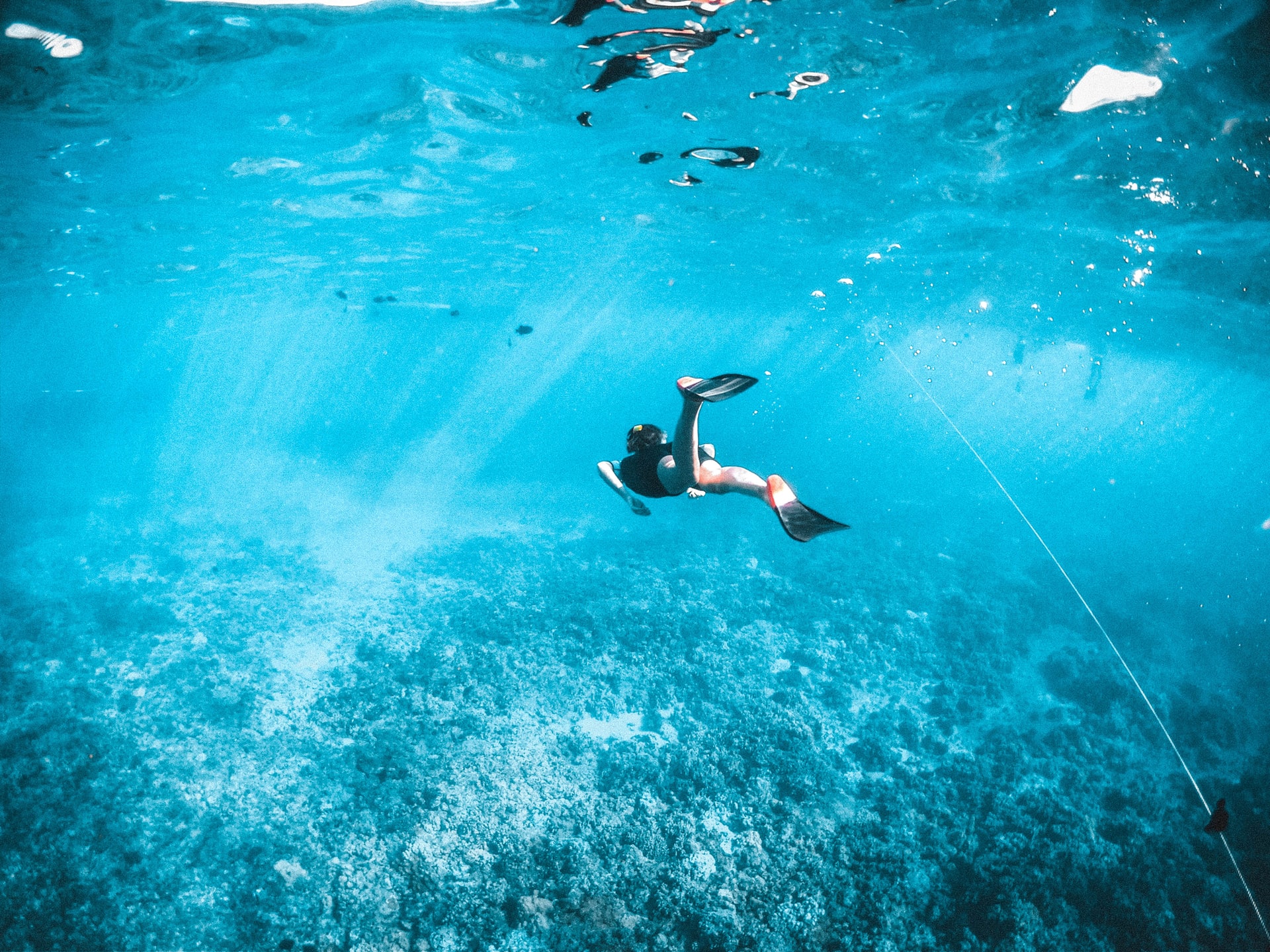
What Does Snorkeling Feel Like? FAQs Answered (for Beginners)
-
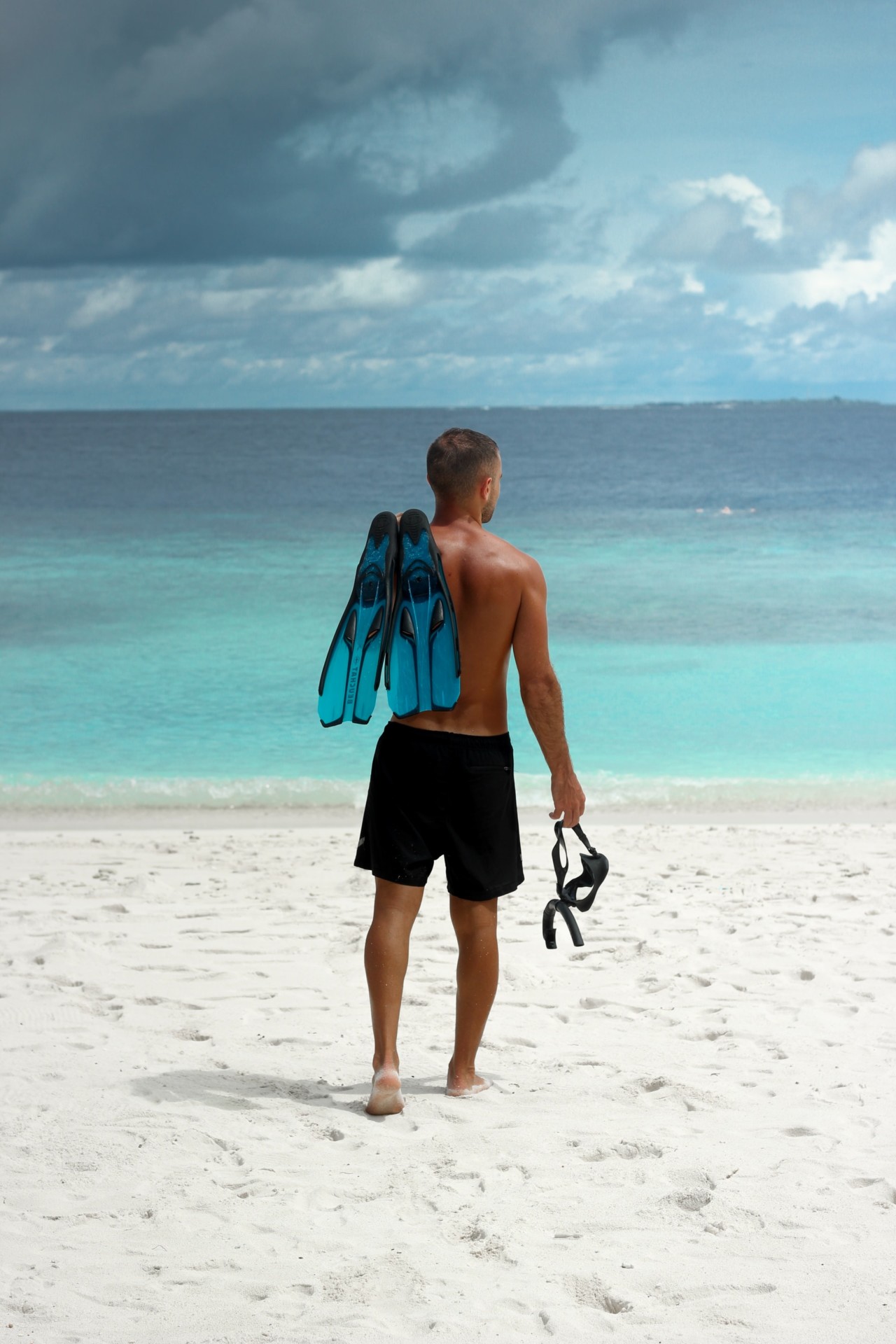
Does Rain Affect Snorkeling Visibility? 4 Ways It Does (+Helpful Tips)







